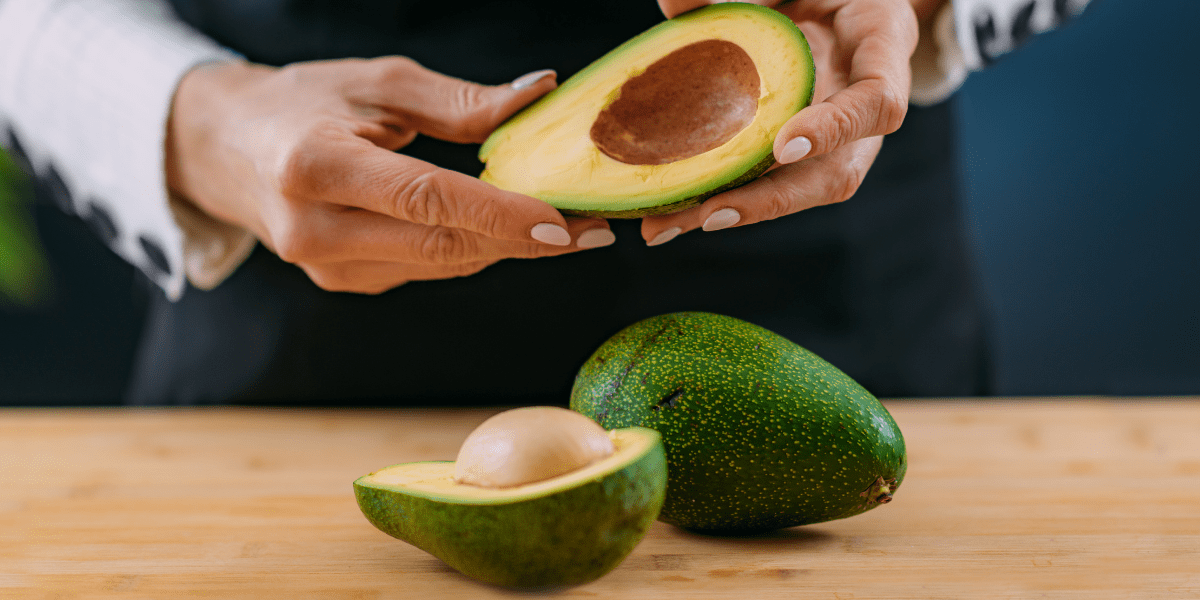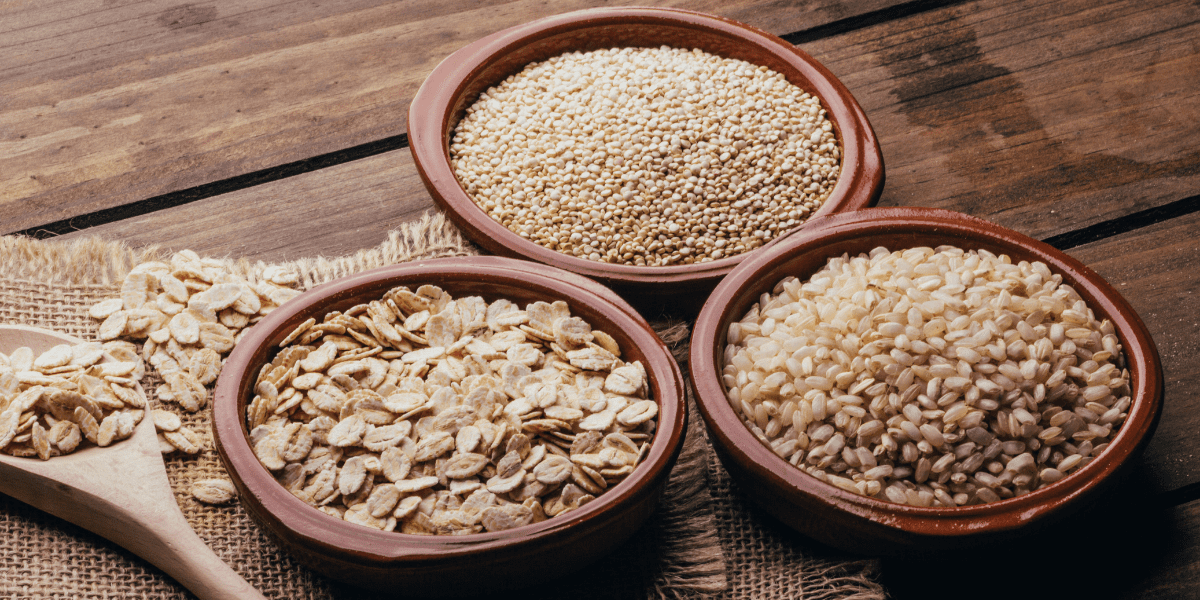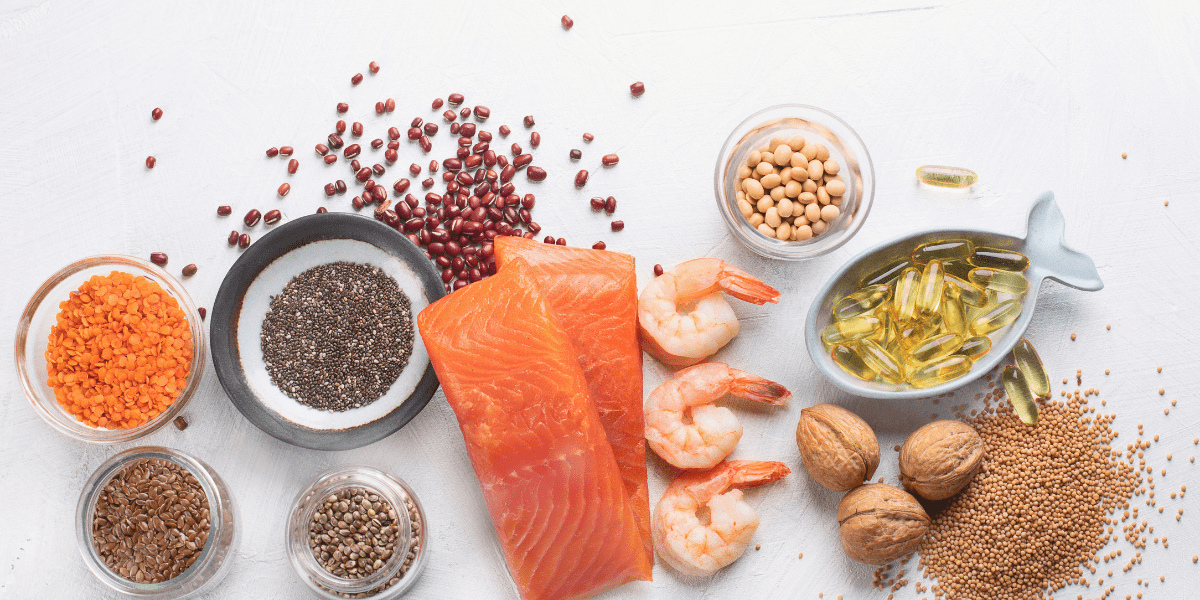One of the most well researched diets for cardiovascular health is the Mediterranean Diet. It is more of a notional diet as there is no one place on the Mediterranean that eats a certain way. However, it is more of an approach to eating that includes many heart friendly foods. Whether an individual is a meat eater, pescatarian, vegetarian or vegan they can still include many of the foods recommended as part of the Mediterranean Diet.
Another approach to eating that has become more and more well studied for heart health is a Low Carb style of eating. An individual can also combine this approach along with a Mediterranean style of eating to get the best of both!
Here are some of the key heart healthy foods that make up a heart healthy diet!

Monounsaturated fats
Olive oil is well known as a good food for heart health. In the Mediterranean, olive oil has long been used for cooking and extra olive virgin for salad dressings or dips. However, it is only rather recently, in the last couple of decades, that olive oil has become more widely used. My own personal knowledge of growing up in Ireland in the 80s was using warm olive oil to unblock an ear – my family would have never considered consuming it!
Avocado is another source of heart friendly monounstaturated fats. Again, another food that only became available in more northern European countries the last few decades. I still remember my mother showing one to me for the first time back in the 80s – although, that is 40 years ago now!
Omega 3 fats
Fish eaters can benefit from the many heart benefits of consuming salmon, herring, mackerel, trout, sardines and anchovies 2-3 times per week.
Much research has shown omega 3 to:
- Decrease triglycerides and platelet aggregation
- Reduce cholesterol levels, particularly LDL cholesterol
- Decrease inflammation and prevent atherosclerotic plaques
Vegetarians can choose plant sources of omega 3 such as ground flaxseed, walnuts and chia seeds. However, the best source for vegans is from marine algae which provides a similar structure of fats as oily fish.

Colourful fruits & vegetables
Plant foods provide a vast array of micronutrients and antioxidants making them good foods for heart health. Here are some of the benefits from getting your 7-10 portions per day:
- Fibre for balancing blood sugar levels and removal of cholesterol
- Provide plant sterols which help in binding to and eliminating excess cholesterol
- Naturally higher in potassium than sodium
- Resveratrol – such as from red skin grapes and blueberries – is an antioxidant shown to reduce LDL cholesterol and prevent blood clots
- Lutein, a carotenoid, found in highly coloured fruits and vegetables, has specific and beneficial anti inflammatory effects in patients with heart disease

Wholegrains
Avoiding fibre-depleted white breads and pastas while enjoying brown rice, oats, quinoa and rye for example provides many benefits.
- Wholegrains provide fibre and beta glucans to help excrete excess cholesterol and control blood sugar
- Provide a source of B Vits for reducing homocysteine levels, which is a risk marker for cardiovascular disease.
Plate portions & Low carb
The low carb approach to supporting cardiovascular health recommends only modest portions of wholegrains and starchy vegetables such as potatoes. Ideally our meal plate is best:
- Half filled with low carb veggies and salads that grow above the ground
- One quarter filled with protein such as meat, fish, eggs, or beans
- One quarter filled with wholegrains / starchy vegetables (those that grow below the ground)
Heart Healthy Snacks
Here are some heart healthy snack ideas to balance blood sugar levels, are low carb and provide antioxidants, fibre and healthy fats!
- Colourful veggie crudites (red pepper, blanched broccoli florets, celery) with Smoked Mackerel Horseradish & Chervil pate
- Course oat cakes with beetroot hummus
- Beetroot & Blueberry smoothie
- Sliced banana and apple spread with almond butter
Lifestyle Habits for Heart Health
Looking after the heart involves a multifaceted approach. We have mentioned dietary tips however lifestyle habits are equally important.
Exercise
The Irish Heart Foundation recommends a minimum of 30 minutes of exercise, 4-5 times a week. Sedentary living has been shown to be as big a risk marker for heart disease as smoking. Movement and exercise reduces body fat, improves oxygenation, raises HDL cholesterol, lowers LDL cholesterol. It also increases production of nitric oxide by blood vessels.
Stress Management
‘Stress’ produces higher levels of adrenaline. Adrenaline causes blood vessels to constrict and blood to become sticky with clotting factors. Where we may not be able to avoid stressful situations we can do our best to manage our perception of them and therefore tolerance and reaction to them. Stress management techniques such as yoga, meditation or where appropriate, counselling can help improve tolerance to stress.
Sleep
Poor sleep has been linked to raised blood pressure and heart disease. Lack of sleep can also lead to higher stress levels during the day as well as poor will power and motivation to exercise and eat well. Ideally aim for 7-9 hours sleep per night. If you have difficulties with sleep read our blog Tips to Improve Sleep
Any small changes you can implement will make a difference over time – the key is to be consistent. Start by adding in heart healthy foods daily, next look at exercise and factor in short walks a few times per week perhaps on your lunch break or after dinner. Next look at ways to wind down and reduce stress by deep breathing or taking a bath, this will also help to optimise sleep!
To learn more about how diet and lifestyle changes can improve your health, why not join our Nutrition & Health Coaching course.













